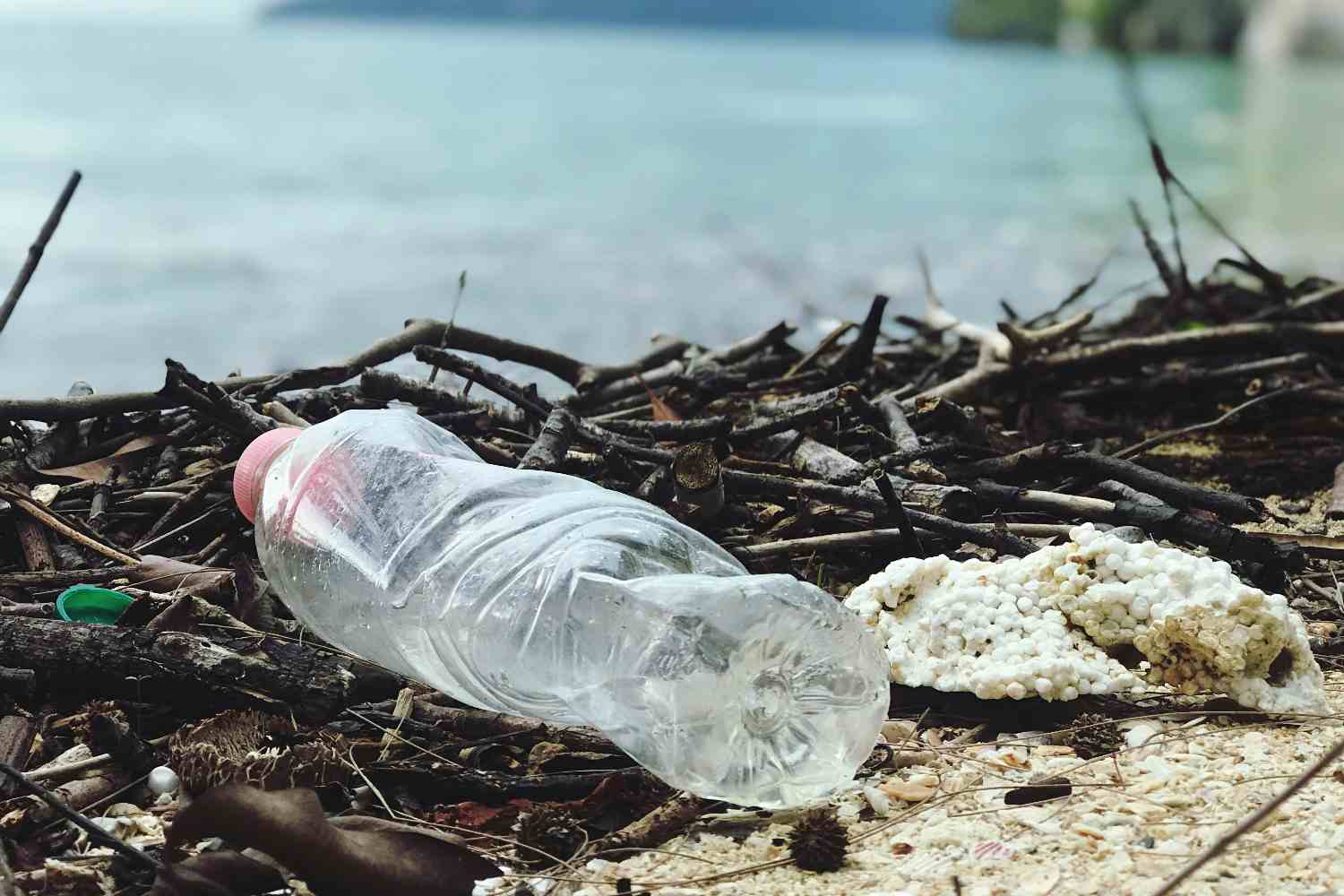Bali is set to ban plastic water bottles smaller than one liter by 2026, aiming to combat pollution and landfill crises, while promoting sustainability.

@Catherine Sheila/Pexels
Bali, the tourism jewel of Indonesia, is preparing for a major environmental transformation. Starting in January 2026, plastic water bottles smaller than one liter will be banned. This drastic decision, announced by Governor I Wayan Koster, aims to tackle the growing pollution and the collapse of local landfills, which are now nearing full capacity.
The new regulation directly impacts bottled water producers, who are now urged to stop producing small plastic bottles and dispose of existing stock by the end of 2025. This initiative has garnered the support of the Indonesian central government, and the goal is to turn Bali into a sustainable model for the rest of the country.
A major source of single-use plastic pollution
Plastic bottles under one liter are one of the primary sources of single-use plastic that suffocate the island, particularly in the areas most frequented by tourists. Official data shows that in 2024, Bali generated around 1.2 million tons (1.1 million metric tons) of waste, with Denpasar leading the way in production. However, the problem is not just a matter of quantity; it’s structural as well. Waste management remains insufficient, and the lack of adequate infrastructure is worsening the situation.
How AQUA is navigating the ban
Compounding the problem are the evasive strategies employed by some companies. One notable example is the brand AQUA, the leading contributor to river pollution, which has relaunched 220ml plastic bottles, marketing them as “sustainable,” while they remain single-use products priced at double the regular cost. This greenwashing operation has sparked criticism from local environmentalists.
Stricter rules for plastic waste and recycling efforts
In addition to the bottle ban, Bali’s administration has introduced stricter rules against the use of plastic bags and straws in public spaces, offices, and temples. Public facilities will be required to implement waste segregation, composting, and recycling systems, with the threat of losing their licenses or public funds for non-compliance.
With these measures, Bali aims not only to save its ecosystem but also to preserve its tourist appeal, which has been threatened by beaches and landscapes overwhelmed by waste. It is a courageous decision that could turn the island into a global example of sustainability, provided all brands cooperate.
In addition to the bottle ban, Bali’s administration has introduced stricter rules against the use of plastic bags and straws in public spaces, offices, and temples. Public facilities will be required to implement waste segregation, composting, and recycling systems, with the threat of losing their licenses or public funds for non-compliance.
With these measures, Bali aims not only to save its ecosystem but also to preserve its tourist appeal, which has been threatened by beaches and landscapes overwhelmed by waste. It is a courageous decision that could turn the island into a global example of sustainability, provided all brands cooperate.
